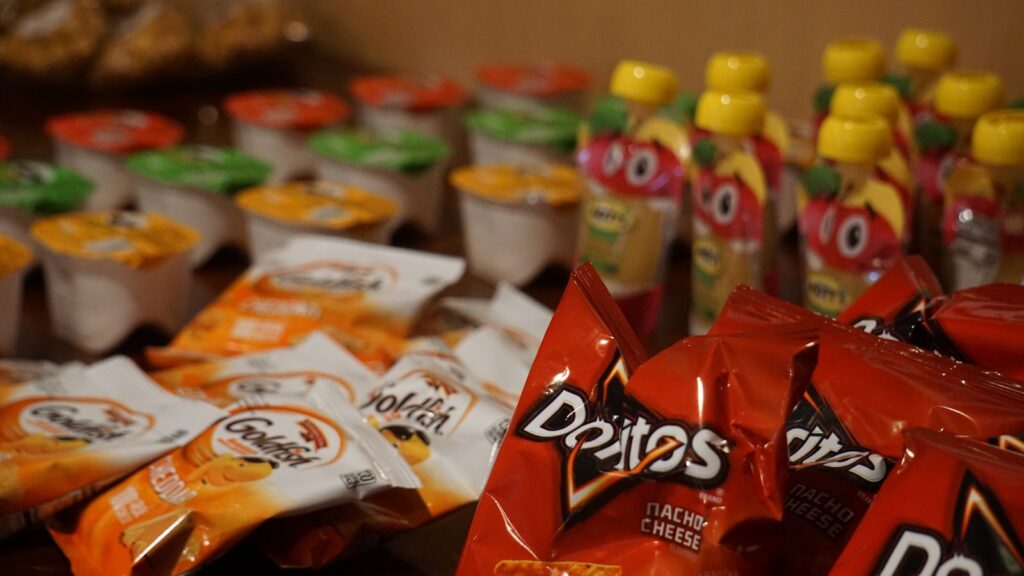Navigating the Impact of Processed Foods on Well-being
In an era where convenience often trumps quality, our fascination with quick snacks and ready-made meals is reshaping not just our physical health, but our mental well-being too. Delving into recent research, it becomes evident that our daily dietary choices, particularly our reliance on ultra-processed foods, could be jeopardizing more than just our waistlines.
The Advanced Chemistry of Modern Snacks: A Double-Edged Sword
At a forward-thinking healthcare symposium, discussions with a food scientist revealed the eye-opening sophistication behind today’s food industry. The conversation illuminated the unsettling reality of how our meals are engineered – transformed through intricate chemical processes that alienate them from anything nature intended.
This stark revelation begs the question: What consequences do these dietary habits herald for our health?
The Verdict on Ultra-Processed Foods: A Cautionary Tale

Ultra-processed foods (UPFs), characterized by their concoction of additives like sugars, oils (often hydrogenated), artificial flavors, and preservatives, are at the heart of the concern. These items, having undergone extensive processing, bear little resemblance to their original state, morphing into products designed for prolonged shelf life and irresistible taste rather than nutritional value.
Examples abound, from the frozen dinners and fast-food burgers to the snack aisle’s array of cookies, cakes, and crisps. A disturbing find is that these UPFs now account for nearly half of the caloric intake in the U.S., a statistic that mirrors a global trend.
Critical Insights from the British Medical Journal Study
A study featured in the British Medical Journal in February 2024 delivers compelling evidence on the health implications of UPFs. The research highlights a direct association between UPF consumption and an elevated risk of cardiovascular diseases, type 2 diabetes, and alarmingly, mental health issues such as anxiety disorders and depression.
These findings underscore the urgency for in-depth research into the mechanisms at play, particularly the effects on the gut microbiome and inflammation, and call for robust public health strategies to mitigate the consumption of UPFs.
Practical Strategies for Minimizing UPF Consumption
The evidence is clear: to safeguard our physical and mental health, reducing our intake of ultra-processed foods is imperative. Here are actionable tips to navigate away from UPFs:
In Conclusion: A Call to Mindful Eating
The journey toward better mental and physical health begins with mindful eating. By understanding the profound impact of our dietary choices and steering clear of ultra-processed foods, we can protect not just our physical well-being but our mental health too. It’s time to embrace a diet that nourishes the body and the mind, fostering a healthier, happier life.

